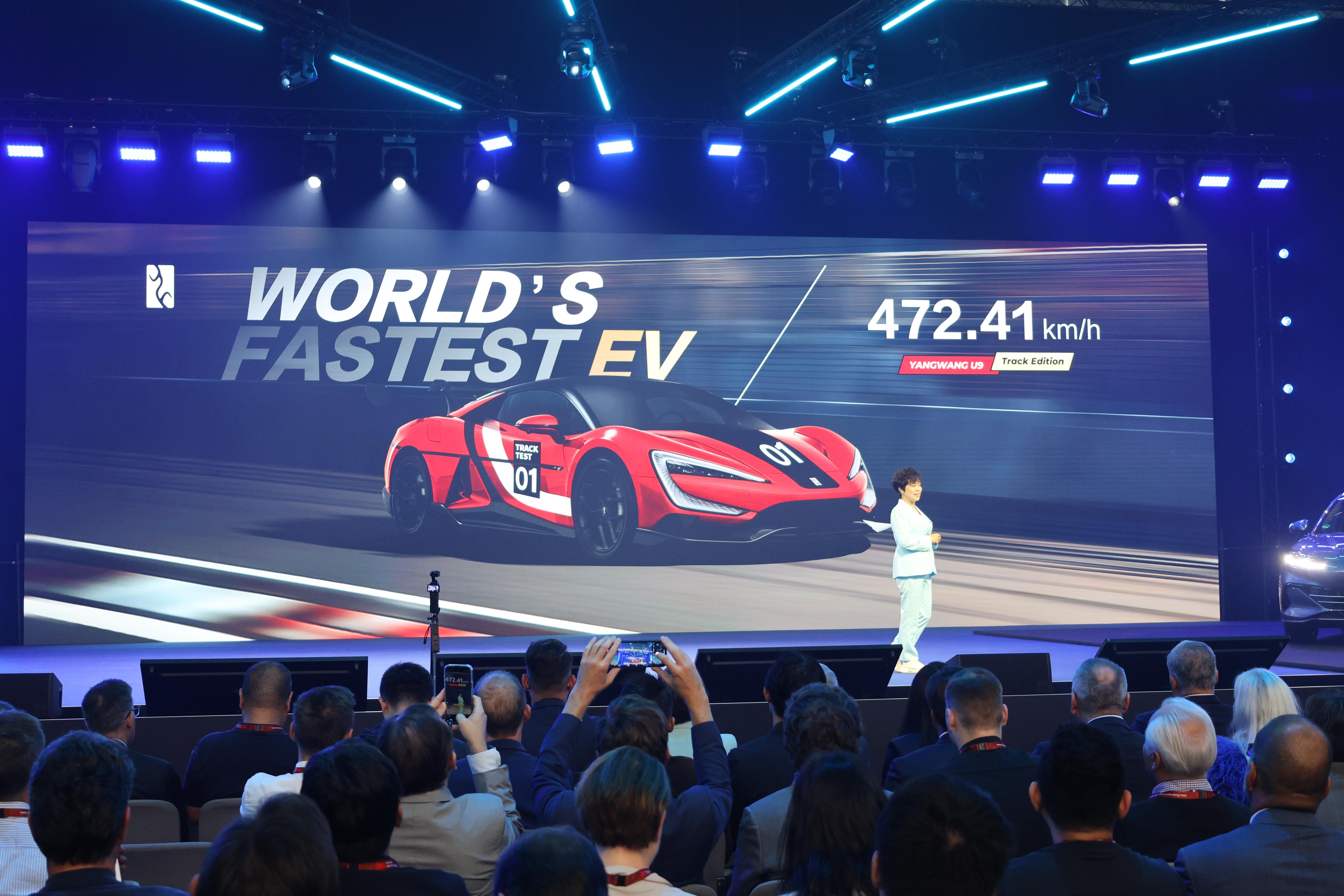China's Automakers Transcend Boundaries in EV Tech

IAA Mobility 2025, the international motor show in Munich, Germany, held from September 9 to 14, brought together around 750 companies from over 30 countries and regions to showcase innovation and explore partnerships.
More than 100 Chinese exhibitors joined the event — their number second only to the host country's — underscoring China's growing role in the global automotive industry.
"China is not only back, but more present than ever," Jan Heckman, divisional head at German auto lobby VDA, told Reuters, adding that this year's edition had 40 percent more Chinese exhibitors compared to 2023.
Chinese electric vehicles (EVs), with their strength in battery technology, smart cockpits, and competitive pricing, are increasingly shaping global design trends. When Geely unveiled its Zeekr 001 with a long-range battery option in 2021, the model "shocked quite everyone," Stefan Poetzl, president of SAIC Audi Sales and Marketing, told Reuters. The car's European styling prompted Audi to accelerate its EV strategy, leading to new models like the AUDI E5 Sportback, developed with Chinese partner SAIC.
Toyota and Volkswagen are also co-developing China-focused EVs with local partners GAC and Xpeng respectively.
"Unquestionably, the Chinese are ahead in manufacturing technology," Bob Galyen, a retired executive whose long career in automotive batteries spanned both GM and the Chinese battery giant CATL, told NPR.
The results are evident in global sales: EVs, including plug-in hybrids, now represent 19 percent of all cars sold worldwide, up from just four percent five years ago. Chinese models account for 17 of the 20 best-selling plug-ins globally, according to CleanTechnica, the American cleantech news site.
"Now you have European companies that cut a deal saying, 'If you give us your EV technology, we can help you come into the European market,'" Stephen Ezell, vice president at the Washington-based Information Technology and Innovation Foundation think tank, told The Washington Post.
Rico Luman, senior sector economist for transport and logistics at ING, noted in an email to CNBC: "We know that Chinese players are valued for their digital features among European consumers. It's clearly a signal that they are ramping up competition with EV-only competitors by introducing a next level technology for their models."
Innovation at IAA Mobility extended beyond EVs. Christian Kleinert from Cellcentric — a joint venture of Daimler Truck and the Volvo Group — introduced a heavy-duty hydrogen fuel cell system for long-haul trucks. The system delivers 375 kW of continuous power with hydrogen consumption below six kilograms per 100 kilometers.
Kleinert told Science and Technology Daily that fuel cells complement batteries. With 80 kilograms of liquid hydrogen, trucks can exceed a range of 1,000 kilometers. While Germany leads in fuel cell development, China is ahead of Europe in overall infrastructure and framework conditions.
Through exhibitions like the Munich event, European consumers are gaining a renewed appreciation for China's advanced EVs. With affordable, high-tech models entering the market, Chinese automakers are poised to expand their presence across Europe, raising the competitive stakes in the years to come.







